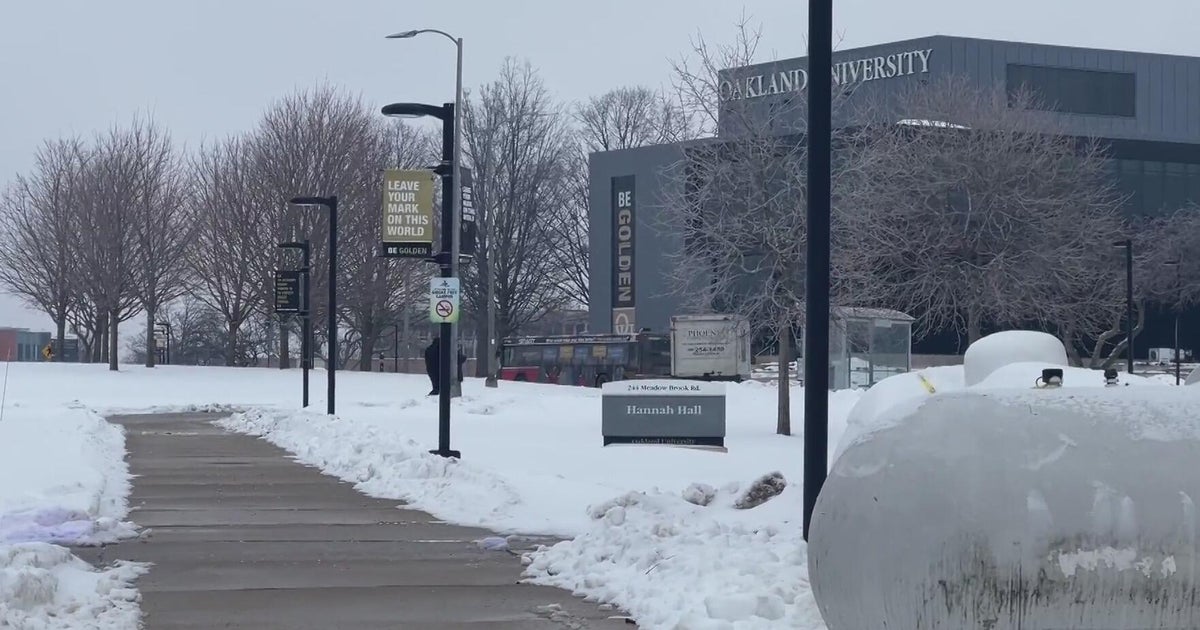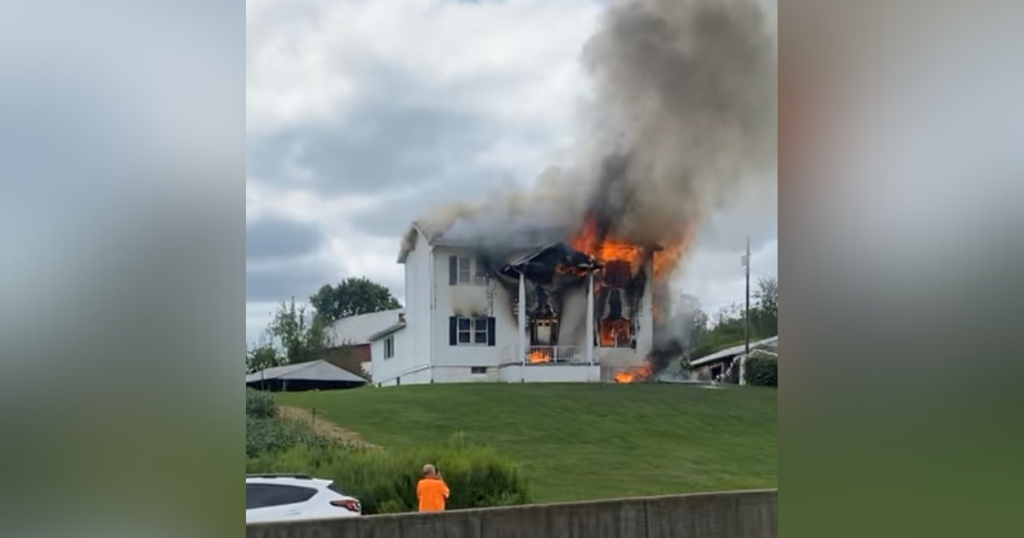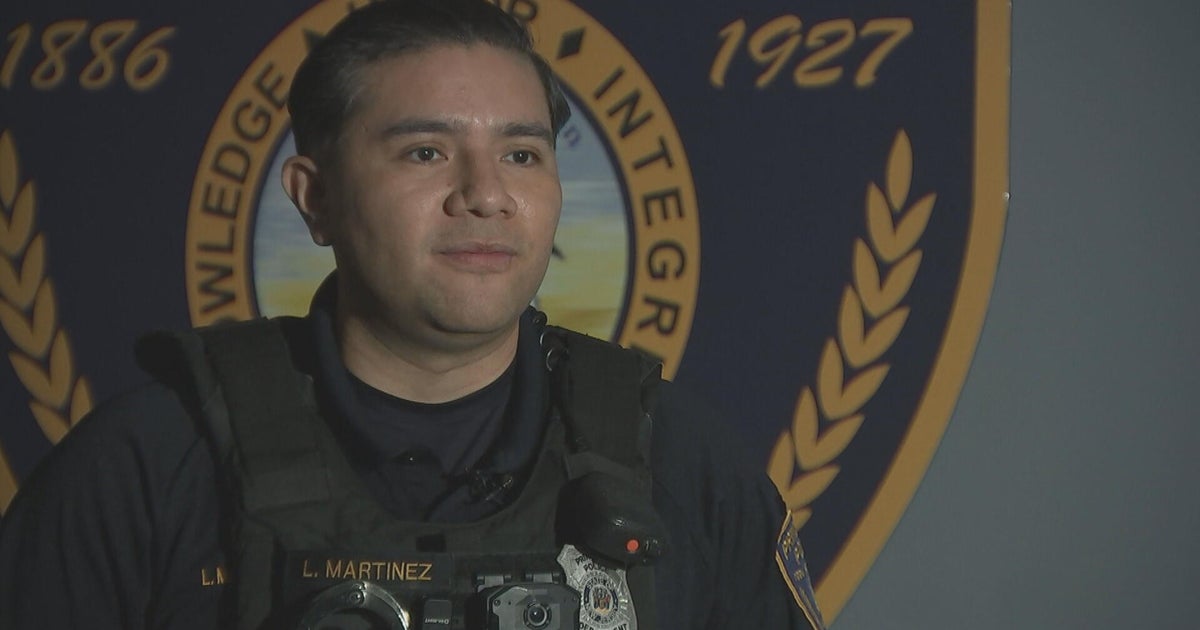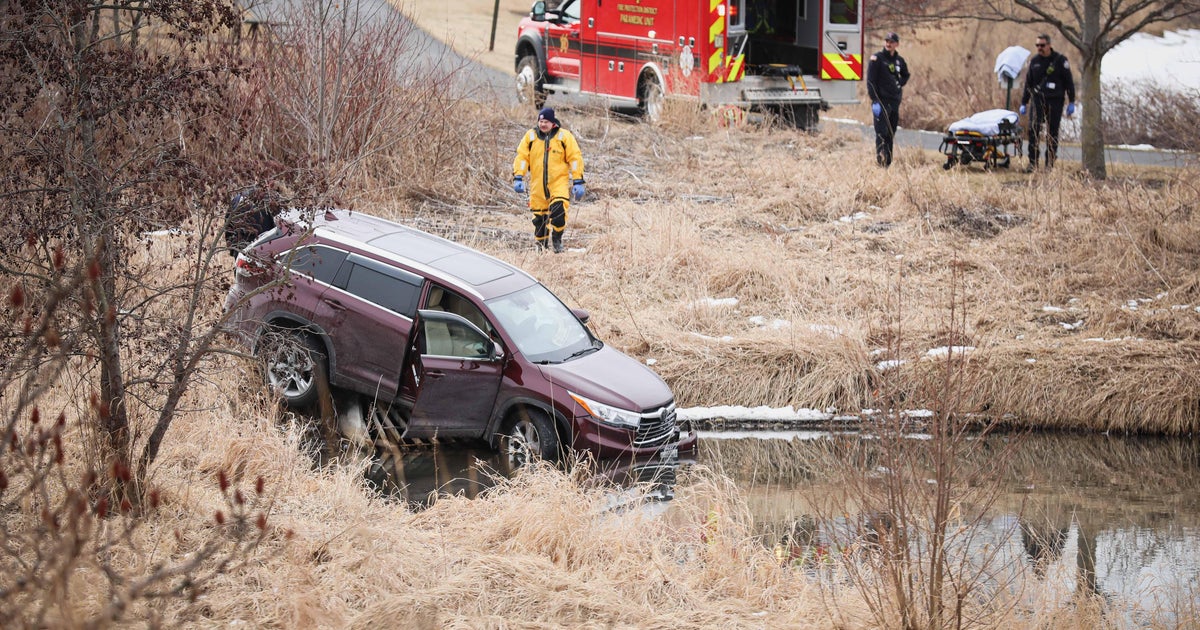Expert: It Could Take A While To ID NIU Remains
CHICAGO (WBBM/AP) - A renown forensic anthropologist says it could take a while to identify the badly burned human remains found in a park near the Northern Illinois University campus.
LISTEN: Newsradio 780's Steve Miller Reports
Podcast
The remains found in a park where authorities were looking for missing Northern Illinois University student Antinette "Toni" Keller were burned beyond recognition, and the case is now being handled as a homicide investigation.
DeKalb authorities say it took a week for them to say definitely that the remains were human.
"Well, that tells me that they were in extremely poor shape."
Dr. Clyde Snow, forensic anthropologist, has not been called in on the Keller case - but he has identified victims of John Wayne Gacy, Dr. Josef Mengele and the Oklahoma City bombers.
"I assume that in this case some sort of accelerant was used to burn the body. Otherwise, just ordinary fires will not cause that much destruction."
"Somebody wanted that body destroyed to obscure identification."
Dr. Snow says it may not have been possible to use dental records to make a positive ID.
"With very intense fires, the whole skull, including the dentition, could be so badly damaged or destroyed. The teeth, for example, with intense heat will crack."
Dr. Snow says DNA may be the only route to identification. And he says that takes time because it has to be compared to family members' DNA.
On Tuesday night, hundreds gathered on campus of NIU for a community gathering in honor of Keller. This despite the fact that officials have not positively identified the remains found.
Earlier Tuesday, DeKalb Police Chief Bill Feithen stopped short of saying the remains belong to freshman art major Antinette "Toni" Keller. The 18-year-old was last seen Oct. 14 headed to the heavily wooded park near campus, telling friends she needed to work on an art project.
"We're looking at all possibilities," Feithen said, adding that no suspects were in custody. "At this point we have no indication this is anything other than an isolated incident."
But the lack of information coming from investigators has stirred rumors and stoked fears on the 25,000-student campus, where a gunman fatally shot five students inside a lecture hall before killing himself in 2008. Police also waited a week before announcing they had found the human remains on Oct. 16.
"The community has reached a level of hysteria that only comes when questions are not being answered, and no one can be blamed for being unnerved," the Northern Star, the student newspaper, complained in a Tuesday editorial.
Keller, of Plainfield, has been described by friends as extremely bright, talented and good-humored. Missing-person posters featuring a photo of a short-haired, smiling Keller have been put up around the sprawling campus in DeKalb, about 65 miles west of Chicago.
Feithen defended the weeklong delay in announcing the discovery of the human remains, noting they were so badly burned that it wasn't confirmed they were human until Oct. 23.
"As soon as we found out they were human remains, we notified everyone," Feithen said.
Items thought to belong to Keller were found nearby, but the state of the remains rendered an autopsy impossible and have complicated the process of identifying them, he added. He also said that at least 50 people have been interviewed.
DeKalb County State's Attorney John Farrell said authorities had to take care not to undermine the investigation.
Security has been increased at the university, including making security escorts available to students and staff 24 hours a day
(The Associated Press contributed to this report.)







